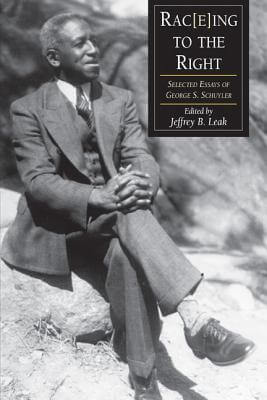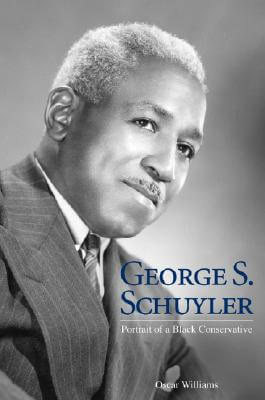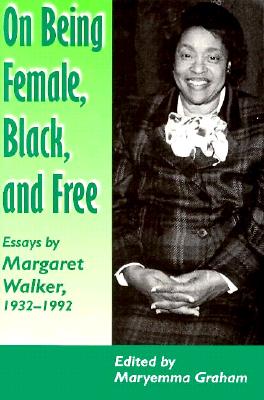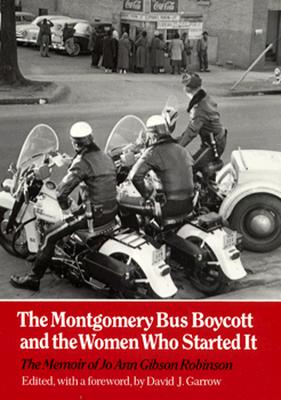6 Books Published by Univ Tennessee Press on AALBC — Book Cover Collage
 Dixieball: Race and Professional Basketball in the Deep South, 1947-1979
Dixieball: Race and Professional Basketball in the Deep South, 1947-1979
by Thomas AielloUniv Tennessee Press (Feb 21, 2019)
Read Detailed Book Description
In this book Thomas Aiello considers the special cultural function of professional basketball in the Deep South over the half-century between 1947 and 1979.
Next to their counterparts in baseball and football, basketball fans enjoyed a unique intimacy with their favorite players, who showed more of their bodies and had nothing covering their face and head. For this and other similar reasons, blackness simply mattered more in basketball than it did in other sports. By the time Lyndon Johnson signed the Voting Rights Act, professional basketball was 47.5 percent black and becoming known as a “black sport.” That being the case, the South’s relationship with professional basketball was more fraught, and made the survival of southern teams more tenuous, fan support more fickle, and racial incidents between players and fans more hostile.
 Rac(E)Ing To The Right: Selected Essays George S. Schuyler
Rac(E)Ing To The Right: Selected Essays George S. Schuyler
by George S. SchuylerUniv Tennessee Press (May 28, 2011)
Read Detailed Book Description
Rac(e)ing to the Right is a great read and brings overdue attention to one of the most popular and controversial African American writers in history… . These writings reveal both the presence and the limits of conservatism in the African American intellectual tradition.—Jeffrey A. Tucker, University of Rochester From the 1920s to the 1970s, George S. Schuyler was one of the country’s most prolific—and controversial—observers of African American life. As journalist, socialist, novelist, right-wing conservative, and, finally, political outcast, his thought was rife with insight and contradiction. A collection of Schuyler’s political and cultural criticism, Rac(e)ing to the Right includes many essays that are not well known as well as pieces that have never before been published. One notable example is the first printed transcript of Schuyler’s 1961 debate on the Black Muslims with Malcolm X, James Baldwin, and C. Eric Lincoln.
 George S. Schuyler: Portrait Of A Black Conservative
George S. Schuyler: Portrait Of A Black Conservative
by Oscar R. WilliamsUniv Tennessee Press (Feb 20, 2007)
Read Detailed Book Description
George S. Schuyler was a journalist and cultural critic whose writings appeared in such diverse publications as Crisis, Nation, Negro Digest, American Mercury, and National Review. In the 1920s, Schuyler was a member of the American Socialist Party and espoused liberal views. By the 1950s, he had become an ardent supporter of U.S. Sen. Joseph P. McCarthy and touted himself as an American patriot, believing that communism was a threat to African Americans. In the 1960s, Schuyler was one of the few African Americans who openly characterized the civil rights movement as a communist-inspired plot to destroy America. Although Schuyler was a prolific writer and an outspoken commentator during his fifty-four-year career, historians of twentieth-century African American history have paid scant attention to his literary endeavors and have overlooked his conservative views.
George S. Schuyler: Portrait of a Black Conservative is the first full biography of Schuyler and traces his transformation from a socialist to a conservative by examining his childhood, his career as a journalist and writer, his opinions about race and class, and his desire for professional notoriety.
The book is divided into three parts. Part I discusses Schuyler’s early life prior to his arrival in Harlem and his becoming a writer for the Messenger, an African American socialist magazine edited by A. Philip Randolph and Chandler Owen. Part II chronicles his career as a journalist, novelist, satirist, and critic from the Harlem Renaissance of the 1920s through World War II. Part III reviews his post-World War II career from the late 1940s until his death in 1977. While Schuyler’s career took many turns, his writings reveal surprising continuities and the stamp of a true American iconoclast, not unlike his mentor and hero, H. L. Mencken.
 On Being Female Black Free: Margaret Walker 1932-1992
On Being Female Black Free: Margaret Walker 1932-1992
by Maryemma GrahamUniv Tennessee Press (Sep 30, 1997)
Read Detailed Book Description
These highly personal essays, written over the course of six decades, reveal the woman as well as the artist, capturing the independent creative spirit of this literary icon. In accessible and stirring prose, Walker speaks directly about her own experiences - such as growing up in a deeply religious home, living in the Jim Crow South, marrying and raising a family, and becoming a civil rights activist. These essays also offer Walker’s critical perspectives on a wide range of topics, from the role of the black woman artist to the distinctiveness of African American cultural life and to the importance of education in the fight for political change. Maryemma Graham’s introduction provides a historical context for the essays, placing Walker’s work within the African American literary canon. Walker reflects on the numerous poets and writers she has known over the years, including Zora Neale Hurston, Eudora Welty, Carson McCullers, and Richard Wright. A work of broad general appeal, On Being Female, Black, and Free offers a powerful introduction to the work of an essential American literary figure.
 Pauli Murray: Autobiography Black Activist Feminist Lawyer
Pauli Murray: Autobiography Black Activist Feminist Lawyer
by Pauli MurrayUniv Tennessee Press (Jun 23, 1989)
Read Detailed Book Description
Pauli Murray (1910–1985) is regarded as “one of the least discussed figures in the history of twentieth-century African American women’s activism.” She was a highly regarded feminist who called attention to the plight of women, especially the colored and working poor.
 Montgomery Bus Boycott and the Women Who Started It: The Memoir of Jo Ann Gibson Robinson
Montgomery Bus Boycott and the Women Who Started It: The Memoir of Jo Ann Gibson Robinson
by Jo Ann RobinsonUniv Tennessee Press (May 22, 1987)
Read Detailed Book Description
The Montgomery Bus Boycott, which ignited the civil rights movement of the 1950s and 1960s, has always been vitally important in southern and black history. With the publication of this book, the boycott becomes a milestone in the history of American women as well.
"This autobiographical account of the creation of the boycott is the most important document on that highly significant episode since Martin Luther King’s own version, Stride Towards Freedom. I feel certain that scholars and students will refer to this unique historical source for generations to come."
—J. Mills Thornton, University of Michigan
"This valuable first-hand account of the historic Montgomery Bus Boycott, written by an important, behind-the-scenes organizer, evokes the emotional intensity of the civil rights struggle. It ought to be required reading for all Americans who value their freedom and the contribution of black women to our history."
—Coretta Scott King
"A sharply remembered addition to the literature on what has become an event of mythic proportions, and a sound primer for those interested in community organizing. The author is scrupulously honest, modest, and gives unsung heroes much deserved praise."
—Kirkus
"This fascinating memoir provides new evidence on the origins and sustaining force of the Montgomery Bus Boycott (1955-56)."
—Anthony O. Edmonds, Library Journal
"There’s no substitute for this intimate memoir; it provides an immediacy and graphic intensity never before available."
—Marge Frantz, San Jose Mercury News
"This powerful memoir is a milestone in the history of that boycott and in the American Civil Rights Movement."
—American History Illustrated
"This absorbing study may become a minor classic in the literature of the Montgomery bus boycott… . Garrow correctly states in his Foreword that this book is the most important participant-observer account of the Montgomery protest available to students and scholars of the black freedom movement… . This straightforward, sensitive memoir is must reading for students of the civil rights movement. It is a powerful commentary on how a woman and the group she led rose up to throw off an injustice thrust upon them. When Jo Ann Robinson and other Montgomery women decided no longer to play the role of contented black Southerners, they gave blacks everywhere renewed hope, and they helped to create a national leader who took them closer to the promised land."
Jimmie L. Franklin, The Alabama Review
"In an absorbing, first-hand narrative, the dignified and unassuming Robinson focuses on the role of the Women’s Political Council (WPC) and details the WPC’s plans to engineer a boycott months before the heralded arrest of Rosa Parks… . The value of this primary source will endure long after many best-selling, secondary accounts of national politics during this period have disappeared."
Keith D. Miller and Elizabeth Vander Lei, Explorations in Sight and Sound"
